About Us
The 1000 CITIES Initiative for Carbon Freedom was launched in 2017 by Pathway to Paris at the United Nations Secretariat as a global solution to turning the Paris Agreement into action. The initiative is based on the idea that if 1000 cities around the world develop and implement ambitious climate action plans, we will achieve the targets of the Paris Agreement and beyond. We support cities in developing and implementing ambitious climate action plans. 1000 Cities is developing a global network advocating for a renewable world while connecting cities to the leading best practices and innovative financing mechanisms. Pathway to Paris’ annual concert in collaboration with the United Nations Development Programme and 350.org highlight 1000 cities and the best practices leading the way into a renewable future.
Co-Founders Jesse Paris Smith and Rebecca Foon
Sustainability Solutions Group (SSG) is Pathway to Paris’ technical partner on the 1000 Cities Initiative for Carbon Freedom. SSG has modeled and made land-use, building, energy, and transportation recommendations for dozens of municipalities, including Toronto’s low-carbon future. TransformTO has achieved international recognition for its rigor and its ambitious low-carbon future planning. The plan engaged residents, stakeholders, experts, and all city operations in identifying ways to reduce Toronto’s greenhouse gas emissions (GHGs). The process involved the development of future scenarios, spatial modeling, analysis of co-benefits and co-harms for the scenarios as well as community input.
SSG developed CityInSight, a state of the art city-scale energy, emission, and finance model. The tool enables cities to explore energy and emissions scenarios for policy, finance and infrastructure. It is built with integrated spatially-explicit land-use and transportation components, and stocks-and-flows accounting. The model enables bottom-up accounting for energy supply and demand, including energy sources (e.g.: renewables, coal, oil, gas), energy consuming stocks (e.g.: vehicles, appliances, dwellings), and all intermediate energy flows.








